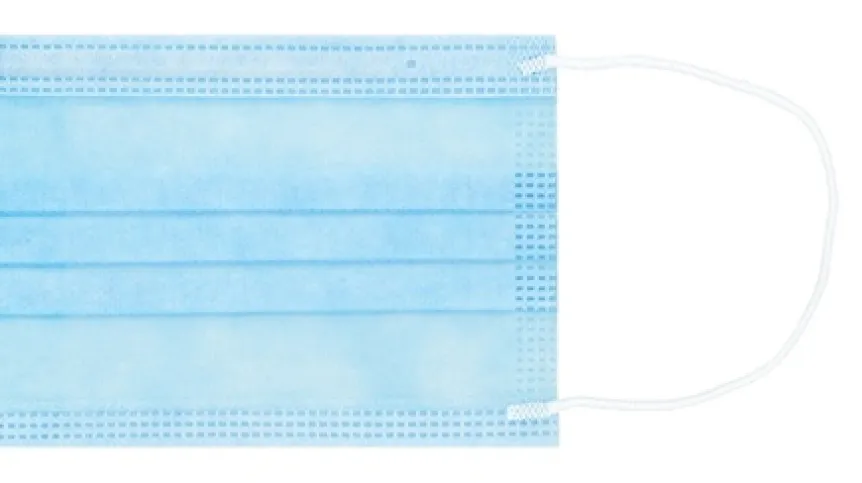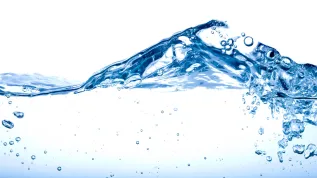
Can used disposable protective masks be recycled in a sensible way? Researchers from the West Pomeranian University of Technology have patented a way to convert them into activated carbon, used, for example, in purification filters.
Disposable masks have become such common waste during the pandemic that a new problem has arisen: how to dispose of them sensibly. In hospitals, clinics and other medical facilities, masks still constitute a noticeable fraction of waste. Moreover, collecting used masks in one place will not be a big challenge.
Masks that end up in a regular rubbish bin not only may be a source of pathogens, they also disintegrate under the influence of weather conditions and UV radiation and become a source of microplastics. Microplastics can leak into soil, water and air, and negatively impacting human health and the environment.
Scientists from the West Pomeranian University of Technology decided to solve this problem by presenting an innovative method of using disposable protective masks.
The idea is largely based on the thermal treatment of the material and its activation. The process includes grinding, drying, carbonisation at temperatures from 400 to 1,000 degrees C in the presence of a chemically neutral gas and activation using a chemical agent. The final product is activated carbon, ready for use.
Thanks to its microporous structure and large specific surface area, activated carbon is a very good tool in the fight against pollution. It is used, for example, as a filter for purifying water and air, because it effectively absorbs various chemicals, heavy metals and pollutants.
The solution has been developed by a team from the West Pomeranian University of Technology, led by Professor Beata Michalkiewicz and Dr. Joanna Sreńscek-Nazzal, a professor at the university, in collaboration with Dr. Jarosław Serafin from the University of Barcelona and doctoral candidate Adrianna Kamińska.
Their idea has already been awarded patent protection.
PAP - Science in Poland
lt/ zan/ kap/
tr. RL













